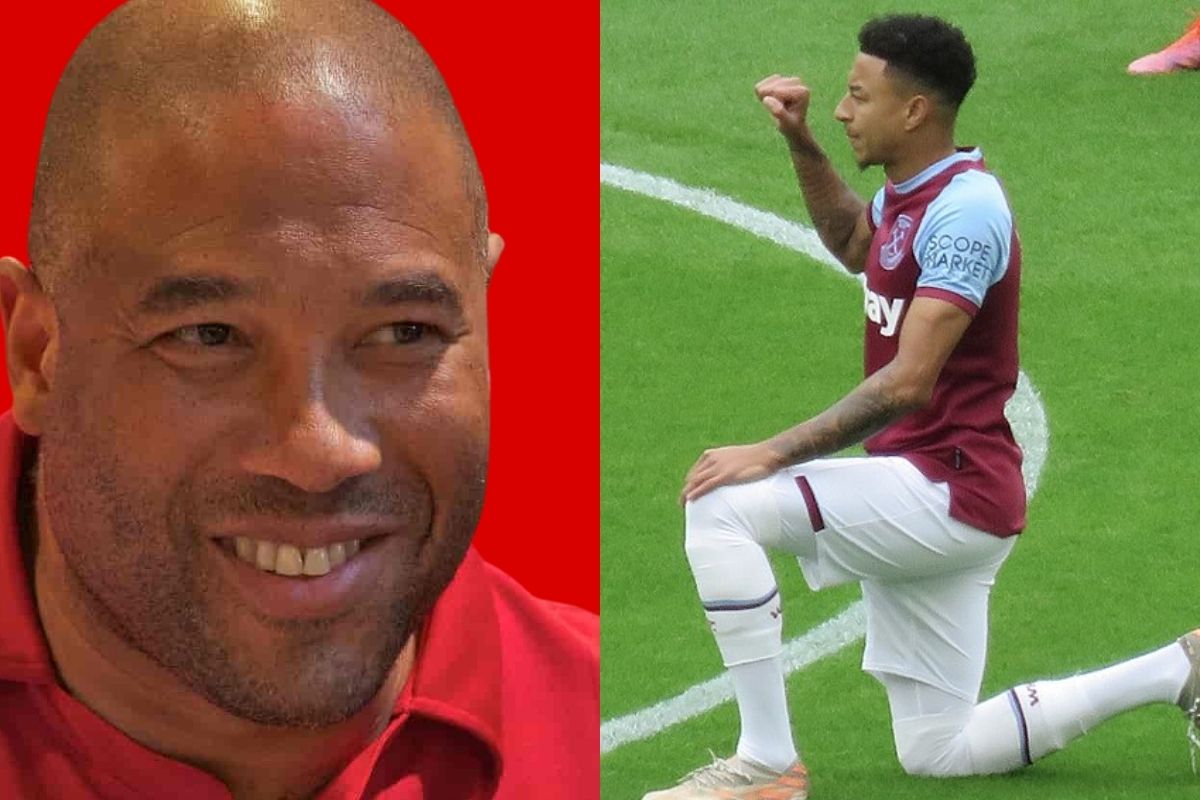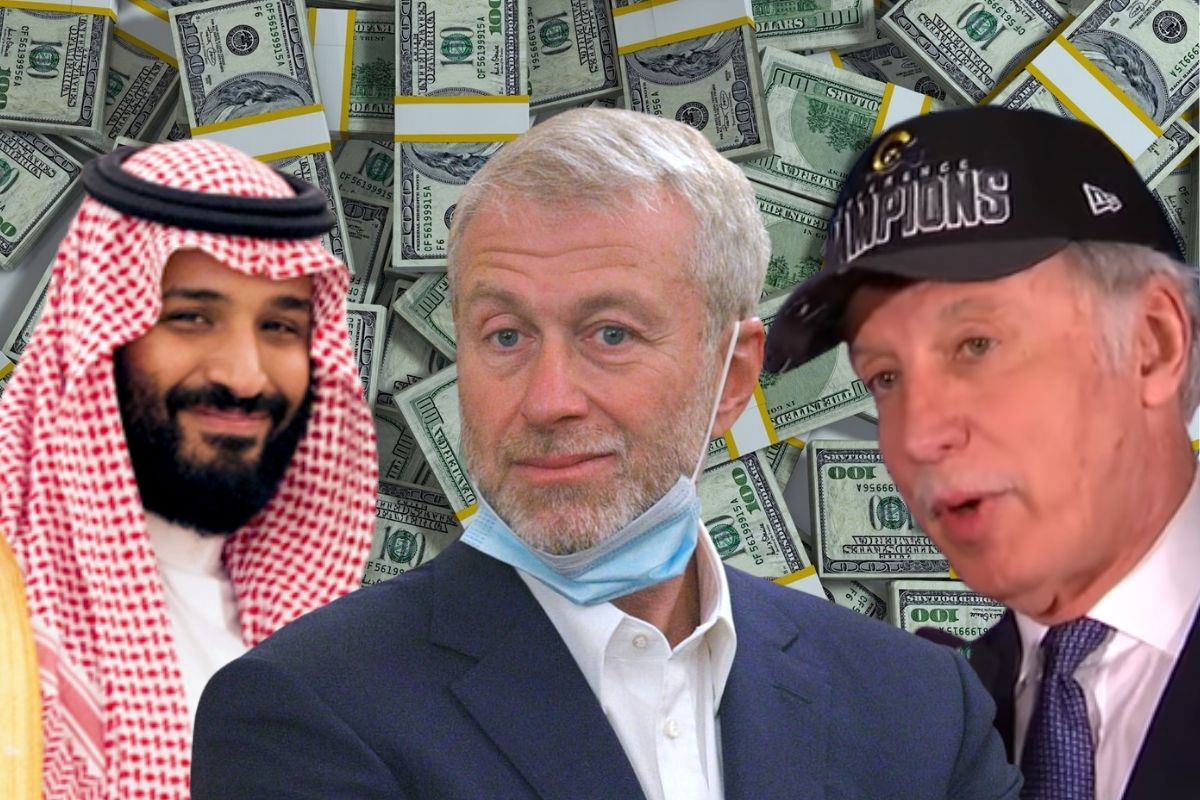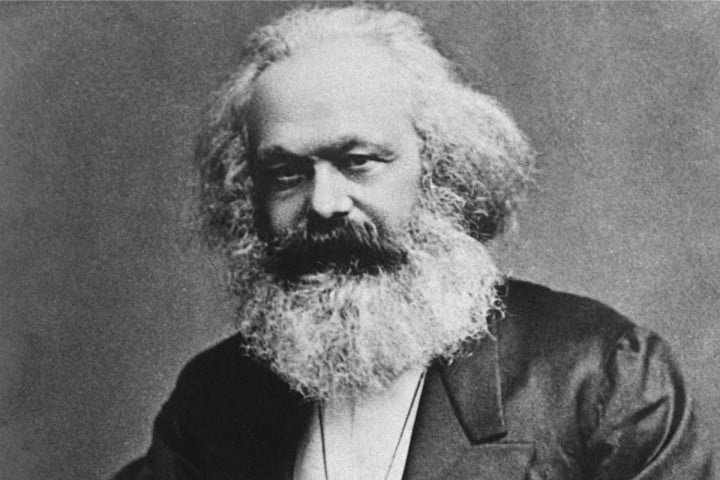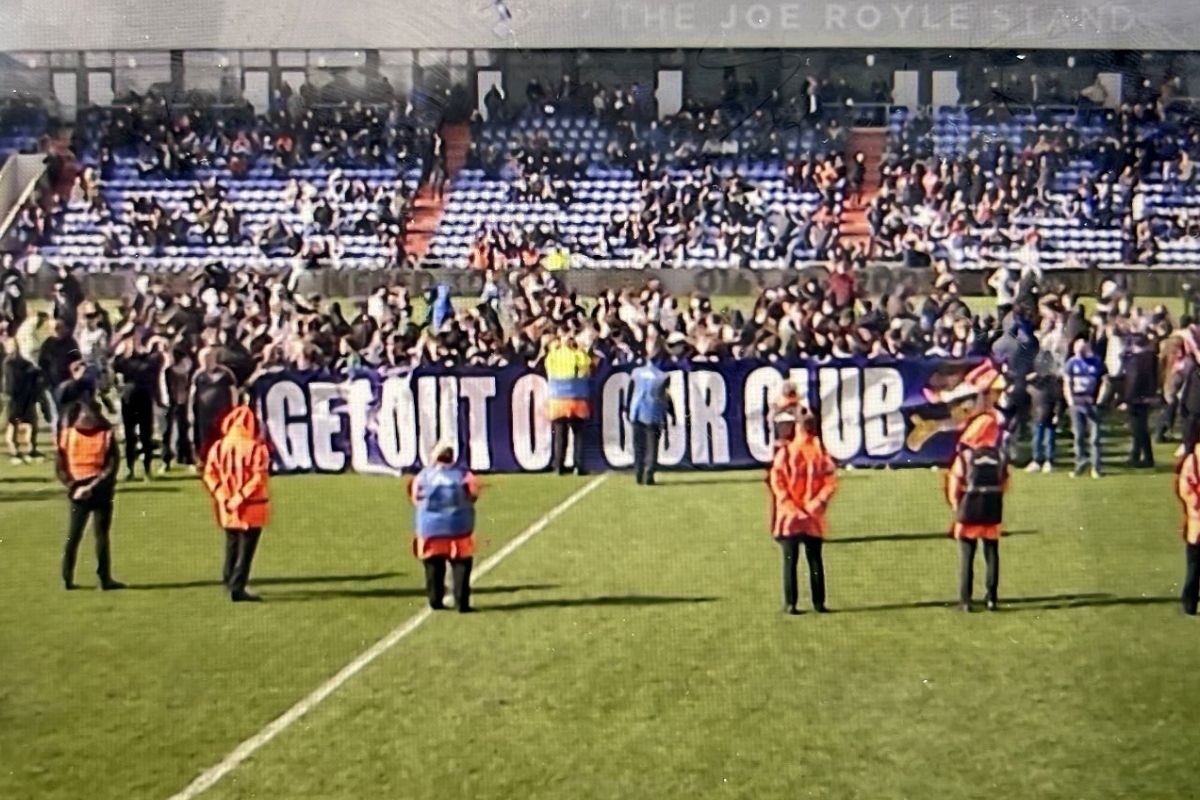Whilst two of the world’s biggest clubs face off in this weekend’s FA Cup Final, smaller teams are in financial crisis. Corruption, inequality, and racism: These are the ugly sides of the ‘beautiful game’. We must kick capitalism out of football.
On Sunday 1 May, having been expelled from the English Football League three years prior, Bury FC were brought out of administration by a fan-led buyout.
This will see the majority share ownership of the club handed over to Bury Football Club Supporters’ Society – no doubt a huge relief to local fans, who were the real losers when the club was driven into liquidation, with rumoured debts of over £15 million.
As many football fans are already aware, Bury is no isolated case. In 2020, citing similar debt woes, Macclesfield Town were expelled from the National League just four days before the start of the season.
Clubs such as Bolton Wanderers and Oldham Athletic have also faced chronic financial difficulties, with the former facing liquidation, and the latter recently becoming the first founding Premier League side to drop into the 5th tier of the country’s footballing ladder.
In response, during their recent match against Salford City, Oldham fans stormed onto the pitch, unfurling a huge banner demanding that the owners “get out of our club”.
Get out of our club pic.twitter.com/Vdf3wwlL8B
— Gary Neville (@GNev2) April 23, 2022
Such pervasive crises are a symptom of capitalism’s insidious influence over the sport. Only by putting club ownership and control in the hands of fans, staff, and working-class communities can we kick out the rampant corruption, inequality, and obscene concentration of wealth and power that plagues the ‘beautiful game’.
Inequality
Captivated by the extravagant wealth promised at the top level of English football, lower league clubs regularly spend more than their annual income on players’ wages alone, acquiring huge debts in the process.
The extraordinary riches accumulated by the biggest clubs, compared with the bankruptcy facing those in the lower leagues, is a reflection of the inequality embedded within capitalist society in general.
It was only a year ago, for example, that the ‘Big Six’ attempted to break away and form the European Super League (ESL), lured by the prospect of even greater profits. Their super-rich owners didn’t care about those left behind.
This callous, ruthless attitude is found amongst all big business bosses. In fact, in many cases, it is largely the same billionaires involved.
For the property developers, investors, and kleptocrats who own football clubs, sport is just another business venture. Corruption and dodgy deals, therefore, will remain in football so long as the same class of parasites hold the reins.
Racism

It is not just capitalist inequality that we see replicated in football. Racism too has remained a central issue in the sport over recent decades, maintaining an ugly presence – on and off the pitch – despite countless campaigns aimed at giving bigotry the boot.
The ruling class relies on racism and other forms of oppression in order to divide and distract the working class; to dissipate and deflect anger that would otherwise be aimed at the establishment.
That is why the Tory Party, along with the rest of the capitalist establishment, are riddled with racism; and why, with the help of a pliant press, racist ideas permeate throughout society.
The world of sport – including football – is not immune from this, as was seen with the Tories’ attempts to whip up a culture war during last year’s Euros tournament.
The truth is that we can’t talk about ending racism in football, without ending racism in society at large. As John Barnes, the former England player, correctly stated: “The only way to destroy racism is to destroy capitalism.”
Profits

What makes sport entertaining is its unpredictability, drama, and suspense. Capitalism, however, demands profits.
The prospect of smaller clubs rising to challenge the established sides, in this respect, are a spanner in the works for the big clubs.
The formation of the Premier League in 1992 was itself an attempt to guarantee the profits and position of those teams already at the apex of the footballing pyramid. As a consequence, the top division of English football went from receiving 50% of TV revenues to nearly 98%.
In turn, with the FA Cup this weekend set to be contested between Chelsea and Liverpool, it means that – in the 30 seasons since the Premier League was set up – just five teams have won 75 out of the 90 domestic trophies available.
Similarly, only 15 different clubs have won at least one of the three domestic competitions contested each season.
Compare this to the 29 clubs that had won at least one of these titles in the three decades before the Premier League existed, and the concentration of power and wealth of the top sides becomes evident.
Logic

The ESL was not an aberration in the sporting world – some harebrained scheme concocted by a cabal of exceptionally evil businessmen. It was the logical conclusion of a sport gripped by the dog-eat-dog laws of the capitalist system.
Just like every other sector of the economy under capitalism, as Marx noted, accumulation of wealth at one pole is at the same time an accumulation of ruin and degradation at the opposite pole.
Whilst the proposals for this elite tournament have been dropped (for now), the fat-cat owners of these clubs will continue to explore other underhand ways of achieving the same aims.
Grassroots buyouts of local clubs can therefore only provide a temporary reprieve for fans and workers. After all, most supporter bases cannot afford to take such action.
Clubs that have been bought by supporters, meanwhile, will still be beholden to the same competitive laws and logic that govern other teams. In practice, this means: cuts to staff wages and conditions; hikes in matchday prices; and inflated pay offers to primadonna players.
Socialism
To end the inequality, corruption, and racism that blights football, therefore, we need to drive profit off the pitch, and bring the game under the control of fans and workers.
This means booting the capitalists and their profit system out of football, as part of a mass movement to transform society along socialist lines – based on nationalisation, workers’ control, and democratic planning of the key levers of the economy.
Only then can these historic clubs be protected from the corrosive effects of the capitalists and their wealth at one end of the pyramid, and the crushing burden of debts and threats of liquidation at the other.






